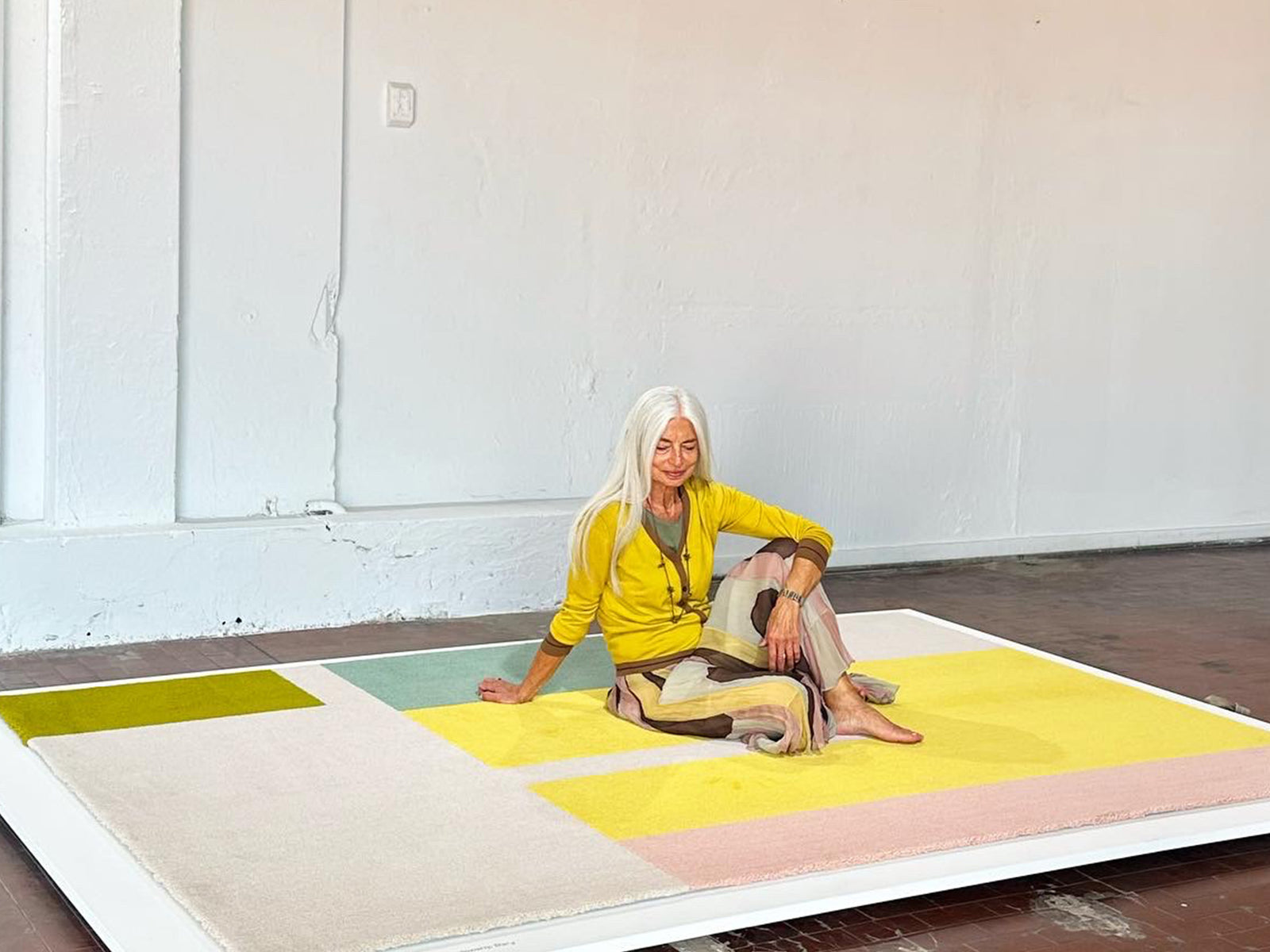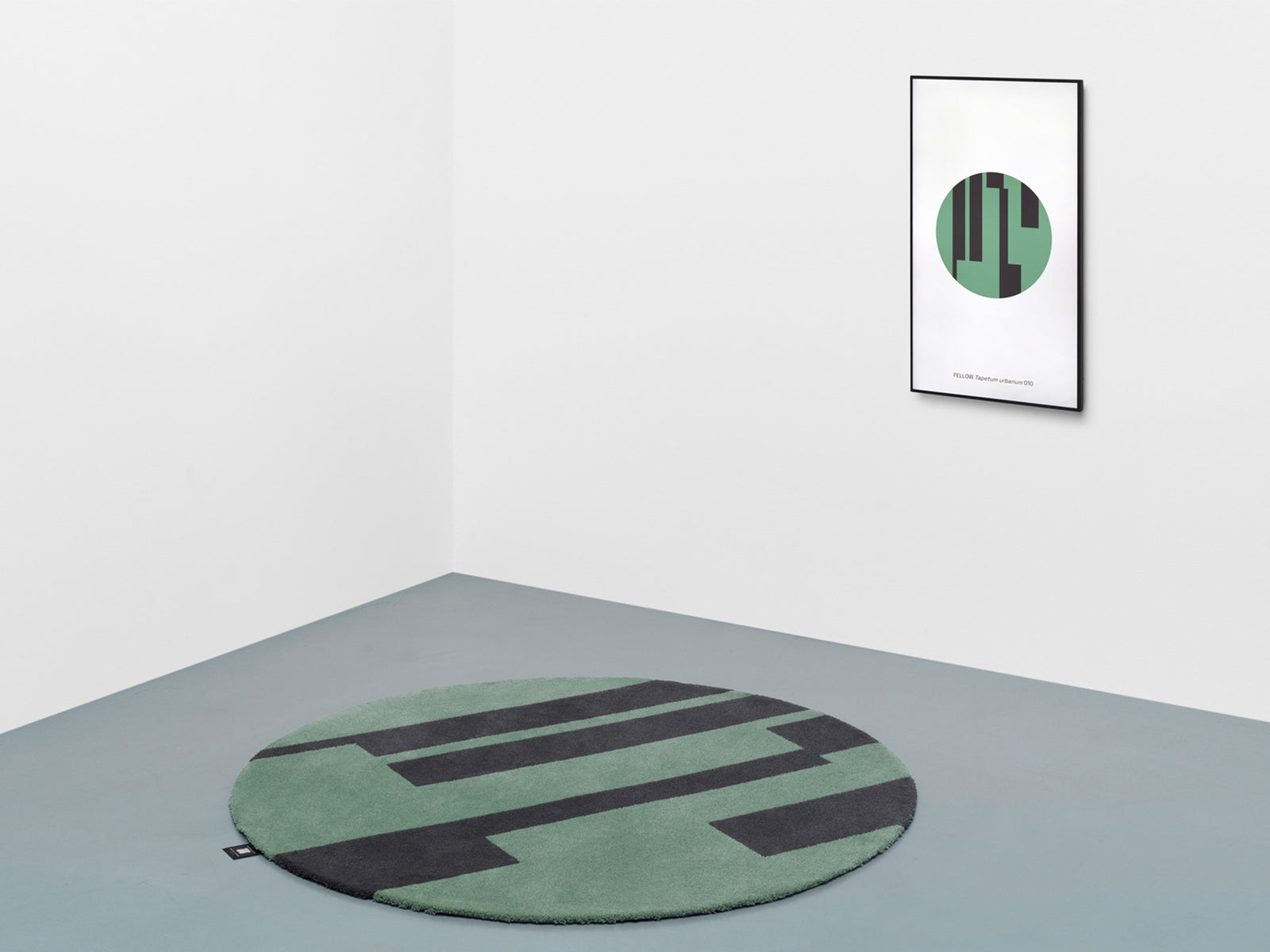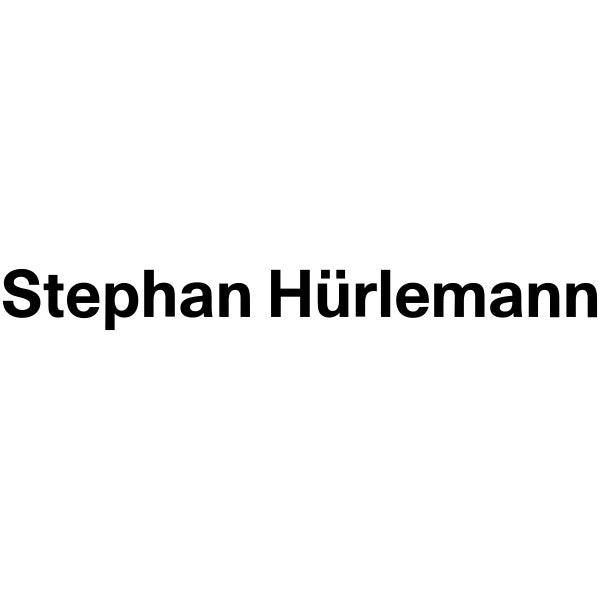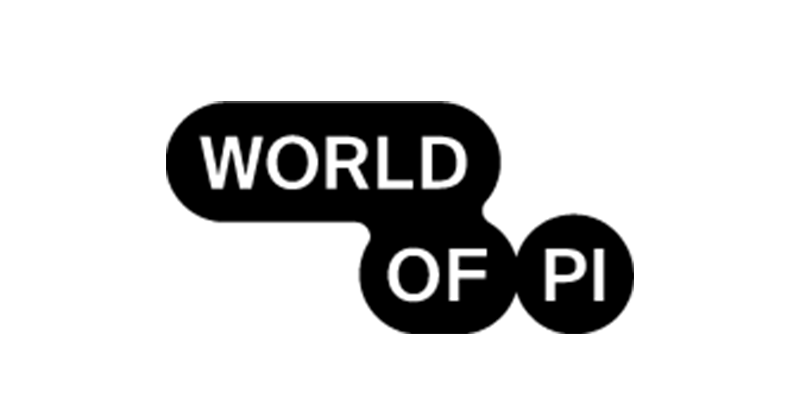We believe that the most significant approach to a sustainable product is to use the product for a very long time. Furthermore, it is essential to keep the components of the product in the cycle for the longest possible time.
As an example, we could take a cherished product that we inherit and pass on to next generations, like grandmother's reading chair.
2 factors prolong the use and increase the emotionality with a product in the long term:
The product is rare or unique and we associate emotions or stories with it.
We have to rethink. But how? How can society manage to become part of a system fit for the future in a short time? Away from the increase in value towards value preservation? Away from consumerism towards appreciation? From ego to we?
We believe that the most significant approach to a sustainable product is to use the product for a very long time. Furthermore, it is essential to keep the components of the product in the cycle for the longest possible time.
As an example, we could take a cherished product that we inherit and pass on to next generations, like grandmother's reading chair.
2 factors prolong the use and increase the emotionality with a product in the long term:
The product is rare or unique and we associate emotions or stories with it.
We have to rethink. But how? How can society manage to become part of a system fit for the future in a short time? Away from the increase in value towards value preservation? Away from consumerism towards appreciation? From ego to we?
While looking for inspirational ideas, we – the carpet and rug manufacturer Ruckstuhl, and designer Stephan Hürlemann have teamed up in autumn 2022 to start an experiment. With the intention to improve the eco-balance of products, we rethought design, production, distribution, usage and trade of a rug. As a result, the Fellow Project with the Fellow rugs came into being and the new company World of Pi has been founded.
World of Pi creates a unique digital identity for products, known as the Pi.
While looking for inspirational ideas, we – the carpet and rug manufacturer Ruckstuhl, and designer Stephan Hürlemann have teamed up in autumn 2022 to start an experiment. With the intention to improve the eco-balance of products, we rethought design, production, distribution, usage and trade of a rug. As a result, the Fellow Project with the Fellow rugs came into being and the new company World of Pi has been founded.
World of Pi creates a unique digital identity for products, known as the Pi.
Thoughtless consumption wastes resources. How can we get people to value their products more and take better care of them? And how can companies benefit from the longevity of their products?
Every Fellow rug is unique. Designer Stephan Hürlemann has developed a formal guideline with which colour and form worlds were generated. From these, various rugs can be digitally “cut out“. This way, each Fellow has its own character and remains a member of the Fellow product family at the same time.
People love a good story. Ruckstuhl establishes an online diary for every Fellow which documents the individual life journey of the rug. It shows, for example, its creation on the tufting robot. At the same time, we encourage rug owners to share pictures of their own story with their rug in its corresponding My Diary, thereby making it even more unique. Everyone who participates, automatically becomes part of the Fellow community.
Thoughtless consumption wastes resources. How can we get people to value their products more and take better care of them? And how can companies benefit from the longevity of their products?
Every Fellow rug is unique. Designer Stephan Hürlemann has developed a formal guideline with which colour and form worlds were generated. From these, various rugs can be digitally “cut out“. This way, each Fellow has its own character and remains a member of the Fellow product family at the same time.
People love a good story. Ruckstuhl establishes an online diary for every Fellow which documents the individual life journey of the rug. It shows, for example, its creation on the tufting robot. At the same time, we encourage rug owners to share pictures of their own story with their rug in its corresponding My Diary, thereby making it even more unique. Everyone who participates, automatically becomes part of the Fellow community.
What already works in other industries is now being implemented by Ruckstuhl as well: The carpet manufacturer takes back pre-owned rugs and attests their good condition with a «Proofed by Ruckstuhl» certificate. What is new is that Ruckstuhl's used rugs are sold alongside new ones. The individual life story of these pre-owned rugs is made visible through an online diary, the so-called Fellowship Diary. In comparison to a new product, a «certified pre-owned» Fellow can carry an additional emotional value. Thus, everyone involved benefits from the longevity of the rugs.
What already works in other industries is now being implemented by Ruckstuhl as well: The carpet manufacturer takes back pre-owned rugs and attests their good condition with a «Proofed by Ruckstuhl» certificate. What is new is that Ruckstuhl's used rugs are sold alongside new ones. The individual life story of these pre-owned rugs is made visible through an online diary, the so-called Fellowship Diary. In comparison to a new product, a «certified pre-owned» Fellow can carry an additional emotional value. Thus, everyone involved benefits from the longevity of the rugs.
Sale, delivery, warranty, care and handing over of furniture and rugs have usually been made up by a patchwork of services. In most cases, tracing back the used materials is difficult. Furthermore, companies often have no information about the whereabouts of their sold products, thus complicating their support with care or returning the resources into the cycle. How can all these processes be simplified for a more conscious use of products?
Each Fellow is linked by a code to a Non-Fungible Token (NFT) which represents the rug in the digital world and bundles all activities around it. The digital Fellow in the owner’s My Wallet* is trading good, warranty, verification of uniqueness, certificate of ownership and key to information and services all in one.
Who wants to order a Fellow rug, buys the digital representative
first and thereby initiates the production of the rug in the nearest cooperating manufacturing site. Thanks to the blockchain technology, every transaction of information is secure and traceable. This enables Ruckstuhl to stay in touch with the rug via the NFT.
Sale, delivery, warranty, care and handing over of furniture and rugs have usually been made up by a patchwork of services. In most cases, tracing back the used materials is difficult. Furthermore, companies often have no information about the whereabouts of their sold products, thus complicating their support with care or returning the resources into the cycle. How can all these processes be simplified for a more conscious use of products?
Each Fellow is linked by a code to a Non-Fungible Token (NFT) which represents the rug in the digital world and bundles all activities around it. The digital Fellow in the owner’s My Wallet* is trading good, warranty, verification of uniqueness, certificate of ownership and key to information and services all in one.
Who wants to order a Fellow rug, buys the digital representative
first and thereby initiates the production of the rug in the nearest cooperating manufacturing site. Thanks to the blockchain technology, every transaction of information is secure and traceable. This enables Ruckstuhl to stay in touch with the rug via the NFT.
*The NFTs of the PI Wallet are built on the blockchain technology “Polygon“. It is based on Ethereum technology, which is considered to be environmentally friendly. Refer to: https://polygon.technology/sustainability. However, the benefits and environmental impact of blockchain technology should be weighed against each other constantly.
*The NFTs of the PI Wallet are built on the blockchain technology “Polygon“. It is based on Ethereum technology, which is considered to be environmentally friendly. Refer to: https://polygon.technology/sustainability. However, the benefits and environmental impact of blockchain technology should be weighed against each other constantly.




